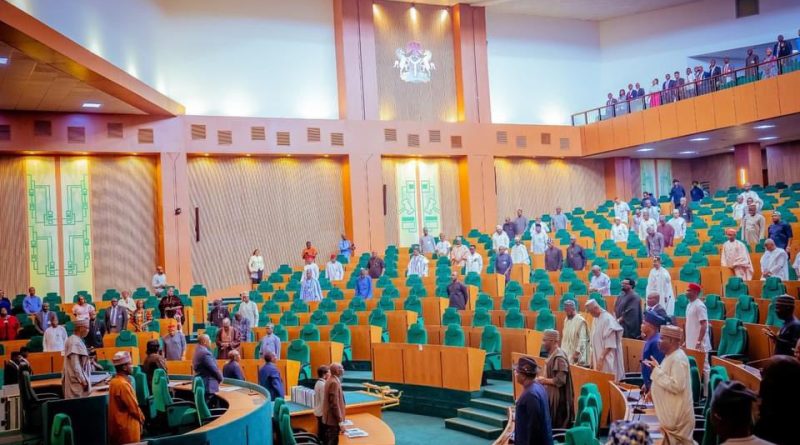Reps to hold consultations with political parties
The House of Representatives has said its Committee on Constitution Review (HCCR) will hold a high-level consultative meeting on Monday with the leadership of Nigeria’s registered political parties.
The session, part of the 10th Assembly’s broader programme to amend the constitution, will be held in Abuja at 10 a.m.
There are 18 registered parties in Nigeria.
According to a statement by the House Spokesperson Akin Rotimi, the meeting will gather national chairmen, national secretaries, national women leaders, and other senior officers of registered parties.
The agenda includes deliberations on thematic areas like special seats for women, judicial and electoral reform, independent candidacy, local government reform, state policing, human rights, and justice.
Mr Rotimi said the meeting will allow parties to bring their institutional experience and perspectives to bear on the amendment process.
The deputy speaker and chairman of the Constitution Review Committee, Benjamin Kalu, was quoted in the statement as describing political parties as “the engine room of our democracy,” asserting that their active participation is essential for credible, inclusive constitutional amendments.
To guide deliberations, the committee says it has prepared a compendium summarising the bills currently under review, available for download from their website at hccr.gov.ng.
Reflection on September’s public hearing
The upcoming party consultation builds on momentum from a national public hearing held on 22 September, which itself followed zonal hearings across Nigeria.
PREMIUM TIMES reported robust debates from the hearing and strong demands for inclusion.
In his opening remarks, Mr Kalu emphasised that the legitimacy of any constitutional amendment will rest on popular acceptance, not just legislative manoeuvring.
He described the process as “Nigeria’s most inclusive constitutional review in history,” tracing the trajectory of Nigeria’s constitutional evolution, and arguing that the constitution, crafted under military rule, has long remained contested and insufficiently responsive to the democratic will.
He observed that the 1999 Constitution has become “less representative of people’s will.”
Mr Kalu noted that the national hearing represents the culmination of months of zonal consultations during which citizens, civil society groups, and professional bodies submitted memoranda.
The hearing was marked by strong and repeated calls for guaranteed representation of historically marginalised groups.
Many participants demanded that the constitutional amendment incorporate reserved legislative seats for women and persons with disabilities.
Some speakers called for quotas or “special seats” to correct decades of underrepresentation while others pointed to the importance of inclusive representation as a moral and practical imperative.
A major flashpoint of the public hearing was the proposal for state policing. Many stakeholders argued that Nigeria’s centralised policing model has failed to respond adequately to local security challenges, especially in rural and conflict-prone areas.
Local government autonomy also drew strong support. Participants insisted that local governments should have full administrative and financial independence, with their own legislative and executive arms and authority to manage local elections.


